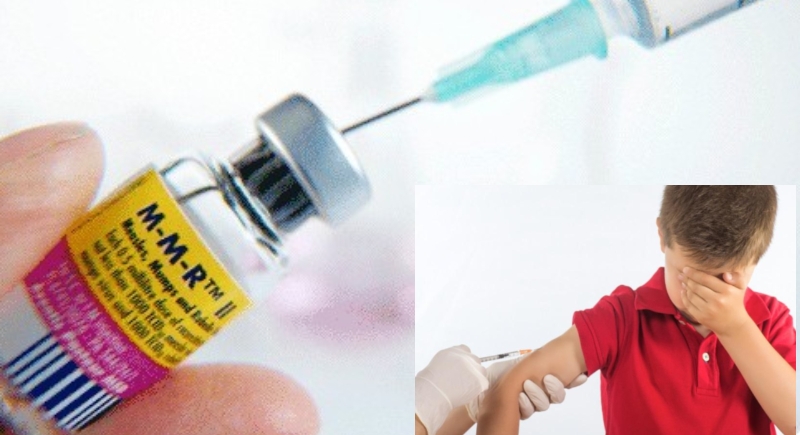Study reaffirms no links between vaccination of MMR and autism
New York, March 6: The measles, mumps and rubella vaccine does not cause
autism, according to a major study carried out in an attempt to reassure growing
numbers of vaccination-doubters, as measles outbreaks surge.

MMR, which stands for mumps/measles/rubella, is one of several live viral vaccines (chicken pox vaccine and the nasal flu vaccine are two others). It is routinely given at 12 to 15 months of age, which is coincidentally the age when autism is first likely to become evident.
Researchers aimed to specifically address some of the criticisms of the anti-vaccination lobby, such as the suggestion that some groups of children were more vulnerable to autism following MMR vaccination than others. The researchers looked at children with a sibling who has autism and those with increased risk factors for autism, such as older parents.
“We found no support for the hypothesis of increased risk for autism after MMR vaccination in a nationwide unselected population of Danish children, no support for the hypothesis of MMR vaccination triggering autism in susceptible subgroups characterised by environmental and familial risk factors, and no support for a clustering of autism cases in specific time periods after MMR vaccination,” the paper said.
What is the controversy?
The concern over MMR began in 1992 when Dr. Andrew Wakefield, at that time an accredited British gastroenterologist, tested 12 youngsters with and without autism. According to a report based on that study, the findings uncovered a possible link between the measles virus in the gut and autism.
The theory presented was that certain children have a genetic predisposition to immune issues. More specifically, a variety of environmental toxins begin to attack the child's immune system early on, thus causing the appearance of autism.





